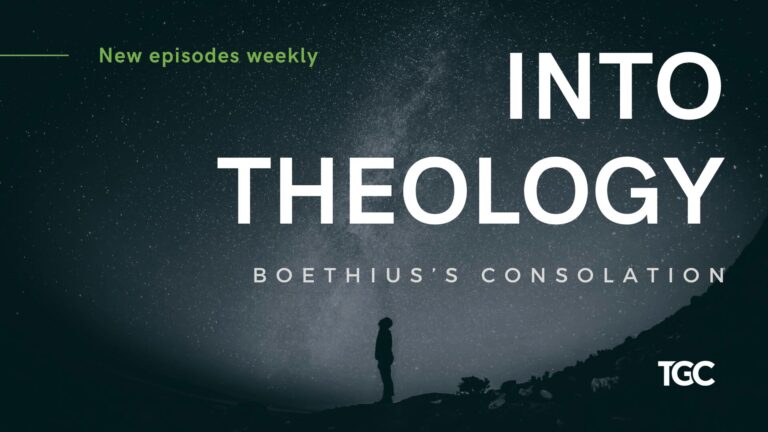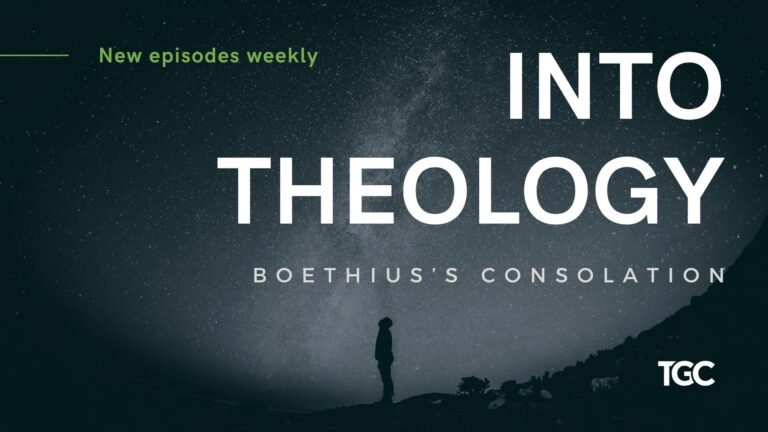My thoughts come slower. It can be hard to concentrate. I used to be able to sit down and focus for hours. Now, I feel myself getting distracted. An email comes. A text message pops up. And I feel swept away by the wave.
I plan to swim against the current this year. You can too. But to do so, we need to first understand why the current flows so strongly towards mindlessness before planning our rage against the machine.
The End of Being Human
The structure of modern society de-minds us. Artificial light interrupts reading patterns. Working according to a 24-hour schedule makes us into little trains. Scheduling software reduces gaps in our time, making us more efficient. We have changed how we live by becoming like the technology we use. By mechanizing what we were, we have become what we are not.
It is not just the structure of modern society in the abstract. Digital media also trains us to lack focus—to keep our eyes on a screen full of 10-second clips, exciting information, and up-to-date news. Social media companies now want us to keep our attention fixed on the screen. External links are demoted. They want our attention—to stare at the screen and eliminate deep thought and deep work. Google now provides AI answers to key questions. Why click the link now?
The goal is to get us to look at more of the same. The same app, the same flow of information. AI, social media, and search engines deceive us, however. They make us think we are seeing new and novel things. We are not. It’s merely new packaging of the same information, more data, more clutter. Nothing really new comes. It is the same thing with different clothing.
Relentlessly cut off all technological use that does not have a particular end of being human, advancing some common good, or contributing to your and others’ well-being.
This hellish accumulation of information, data, and facts makes us calculators, counters of things. We think if we can find more statistics and data, we can know what is true. Neither statistics nor data can reveal to us anything really true.
Data does not produce truth. There is an uncrossable divide between data and truth just as wide as natural physics and metaphysics. I wrote on this topic in 2024 when I noted that both Jonathan Haidt and Jean Twenge cannot tell us about digital technology. They can point out habitual relations between things (social media and mental health), but they cannot reveal why teens are sad and depressed—only that there is a physical or habitual causation. Without the human element, the faculty of judgment that discerns the reality of things, data tells us nothing new.
The same thing holds true in parenting. The last decades of parenting advice rely so much on data and statistics that many criticisms of Millennial parenting or Baby Boomer parenting amount to bias—a bias towards one set of data over another. If I have to read another mind-numbing critique of the gentle parenting of Millennials or of the harsh parenting of Baby Boomers, I will probably enter into a comatose state. The method of arguments themselves often (not always) amounts to a deadening of thought. (That is why I wrote an article on parenting by the seven virtues).
By mechanizing what we were, we have become what we are not.
So if the structure of modern society, the strategy of digital media companies, and the zealous pursuit of data (which is no real knowledge) mark the landscape of our modern pathology of the mind, then how can we escape the abolition of man?
Being Human Again
If our age’s pathology threatens to unmake what it means to be human—that rational and emotional structure based on deep structures of reality—then how can we—how can I—get our minds back this year?
Here are some practical steps:
- Use social media wisely. Turn off all notifications for social media. Create lists of specific people you want to learn from or interact with. Focus on that. Avoid the algorithm’s feed. Do not watch any video content on social media—unless it is YouTube and for the purpose of edification.
- Use social media for entertainment at planned times. Plan to use social media for leisure. Say: I can scan social media over my lunch break between 12pm and 1pm. And perhaps at 7pm at night. Restrict yourself to those moments.
- Share on social media through a third-party application during the day and outside of your planned use times to avoid getting distracted by the apps.
- Do not use Google unless you have to. It pushes you towards AI answers and uses a hierarchy for searching that favors information it deems suitable.
- Do not rely on AI, since AI scours the internet and written material of the last decades. What it finds replicates the same problems present in the writers and organizers of this data. AI cannot produce anything new; it organizes what is just a bit older.
- Spend long periods of time reading or focusing on a project (woodworking, sewing, running, etc.) without any technology.
- Drive without music or a podcast. Exercise with no music or technology.
- Drive without your phone’s GPS. Just go for it. Be free.
- Don’t bring your phone to church. Just don’t. Let it be an oasis of tech free time. Ask your church to stop using technology on Sunday—at least in reasonable ways. For example, request that child care not text you but instead use non-phone-based system to alert you about your children in childcare. Etc.
- Don’t bring your phone into the bathroom.
- Sit down and read a book for two-hours every morning. Or for one hour. Or for thirty minutes. Or for however long you can before the day begins. Just carve a time to focus.
- Only read great books or books that you can reasonably assume are good because of the publisher and author. For every new book you read, read two old ones. Old means published before 1700.
- Read your Bible. Reading daily for a few minutes is great. Reading twice a week for thirty minutes is better. You need enough time to understand what is happening where you are reading.
- Talk to someone without a phone. Just stare at their face. I mean: don’t be weird. You get my point.
- Stop rushing. You will die soon. Why rush towards death?
- Be late. Be slow. Think more. Act slowly. People will be annoyed. They are in the wrong, not you.
I could go on and on. But here is my main point. Stop letting information, data, and technology lead you. Become human again. Use your mind again—data has no truth apart from our judgment. Use reason. Access eternal truths of justice, truth, and love objectively by thought and action.
Read Plato’s Republic to see what I mean and escape the endless and relentless pursuit of more data that will make count much more data and information but know less and less. Stop becoming a machine. Become human again.
That is my goal in 2025. To achieve it, I will relentlessly cut off all technological use that does not have a particular end of being human, advancing some common good, or contributing to my and others’ well-being.
That is how I plan to get my mind back this year. Will you join me?
[Yes, I used an AI image for this article since it seemed fitting.]












